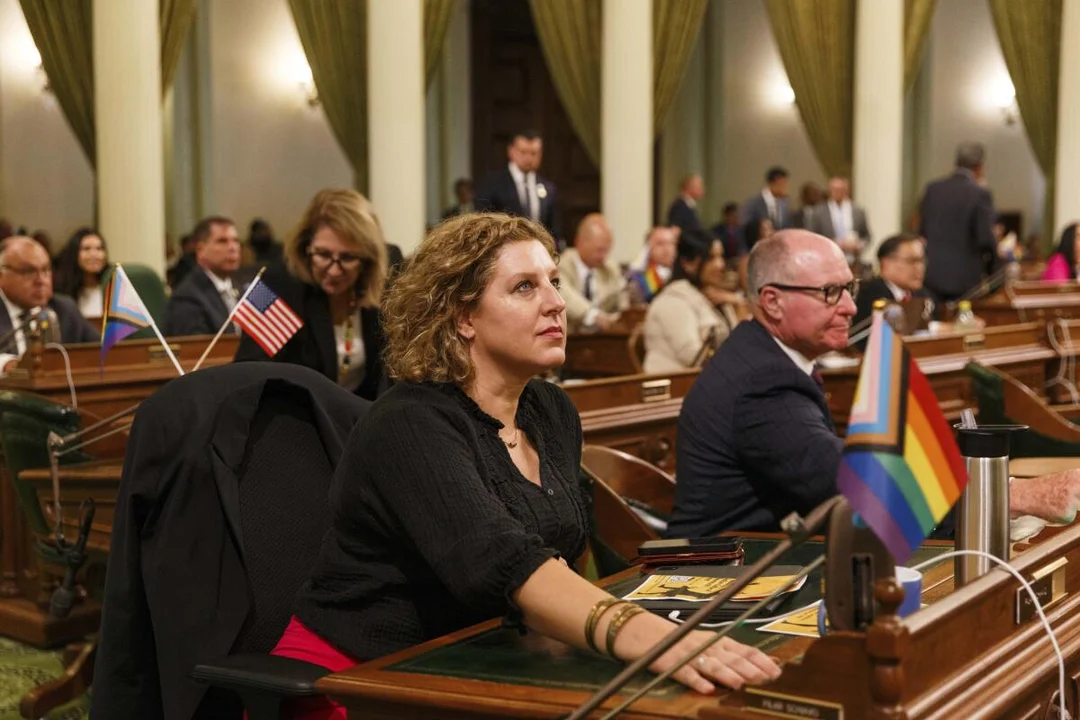
Could California’s Latest Law Change the Fight Against Child Exploitation?
In a dramatic turn of events at the California State Capitol, lawmakers have unanimously approved a bill aimed at strengthening penalties for soliciting sex from teenagers aged 16 and 17. This development marks a significant step in addressing child sex trafficking, a pervasive issue that has sparked intense debate and political upheaval. As states grapple with how to protect vulnerable youth, this legislation highlights California's evolving stance on criminal justice and victim support.
The bill, originally introduced by Assemblymember Maggy Krell (D-Sacramento), seeks to target demand in the sex trafficking industry by allowing prosecutors to charge offenders as felons if they are more than three years older than the victim. This adjustment came after weeks of controversy, including a committee decision to strip felony provisions, which drew backlash from Republicans and even Governor Gavin Newsom. Krell, drawing from her experience as a former prosecutor, emphasized the dual goals of curbing exploitation and providing better support for victims. "One, is addressing demand because it is driving the sex trafficking industry and two, is having real support for victims," she stated, underscoring the bill's intent.
During Assembly debates, emotional moments underscored the human stakes. Assemblymember Pilar Schiavo (D-Chatsworth) shared her personal story of childhood sexual abuse, becoming tearful as colleagues rallied around her. "This experience continues to shape my views and actions when it comes to protecting children and victims of crime," Schiavo said, adding weight to the discussion. Meanwhile, progressive Democrats like Assemblymember LaShae Sharp-Collins (D-San Diego) raised concerns about potential misuse, particularly the loitering provision, which could disproportionately target minorities and the LGBTQ+ community. "History has shown these types of crimes are used against people of color and those experiencing poverty," Sharp-Collins warned, highlighting the risk of profiling in vague laws.
Assembly Public Safety Chair Nick Schultz (D-Burbank), who took over as the bill's lead advocate, defended the compromises. He described the process as "messy" but necessary, noting it creates a new victim support fund, imposes fines on complicit businesses like hotels, and revives penalties for loitering with intent to buy sex. Sacramento District Attorney Thien Ho, who helped refine the bill, praised it as a "nuanced and measured" tool against predators, distinguishing between age-gap scenarios. Despite internal Democratic divisions, including Assembly Speaker Robert Rivas removing Krell as the primary author amid political ads, the bill passed with a 74-0 vote, signaling rare bipartisan agreement.
In analysis, this legislation represents a balancing act between tougher enforcement and social justice concerns. While it builds on existing laws that already treat solicitation of minors under 16 as a felony, the three-year age gap clause addresses fears of overreach in consensual relationships. Critics argue it may not fully resolve disparities in law enforcement, but supporters see it as progress in California's ongoing battle against trafficking. As the bill moves to the State Senate for further consideration, it raises questions about the effectiveness of such measures in a broader national context.
Ultimately, this development could reshape how California tackles child exploitation, but will it be enough? The bill's passage is a win for child protection advocates, yet ongoing debates about equity and implementation persist. What do you think—does this go far enough to safeguard teens? Share your views in the comments below and help spread this discussion by sharing the article.